After the release of her debut Zo gaan we niet met elkaar om (We don’t treat each other like this) Renske Jonkman is currently working on her second novel. Combining journalism with fiction, the Amsterdam based writer explores the interference between reality and imagination. This interaction was the leitmotiv of her first book, and still strongly fascinates her. She does not take reality for granted, but plays with it willingly.
Her lively multi-ethnic neighbourhood provides enough inspiration, but often she finds herself alone in her experiments with reality. People have so much difficulty understanding each other. They should make more effort to place themselves in other people’s shoes, she finds. This would help counter the current xenophobic sentiment, which swarms through Europe. For Renske writing is the way to shape and escape every day reality. ‘When I am writing I feel invincible.’
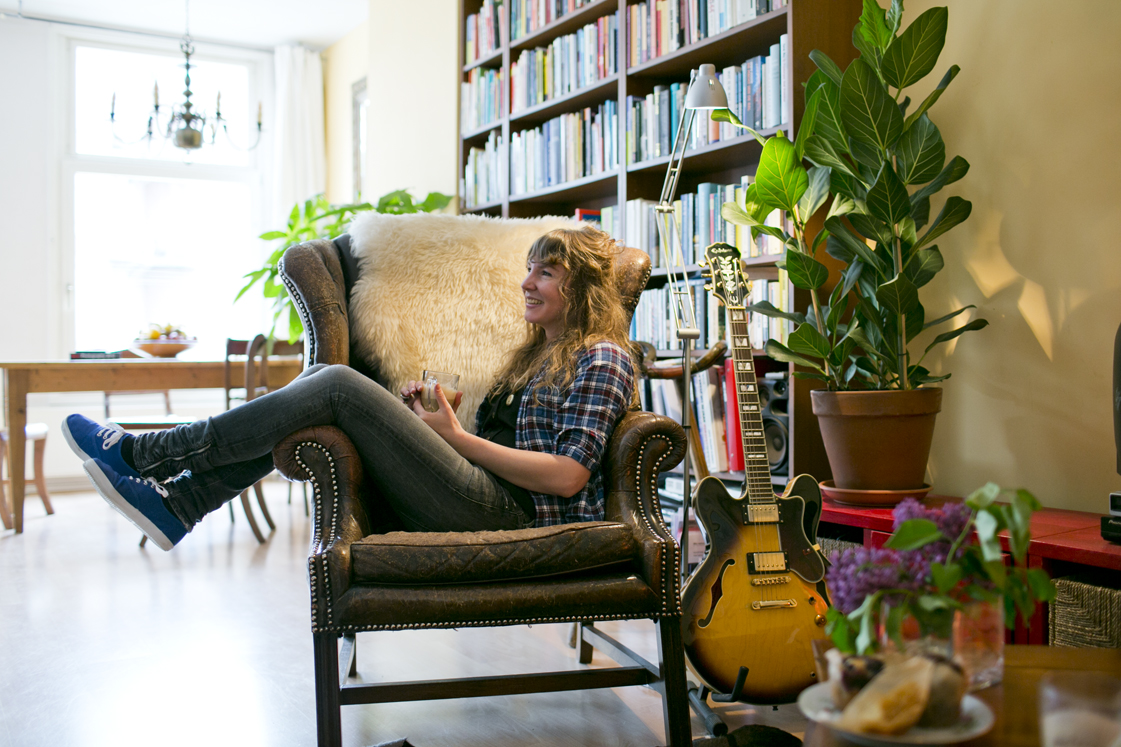
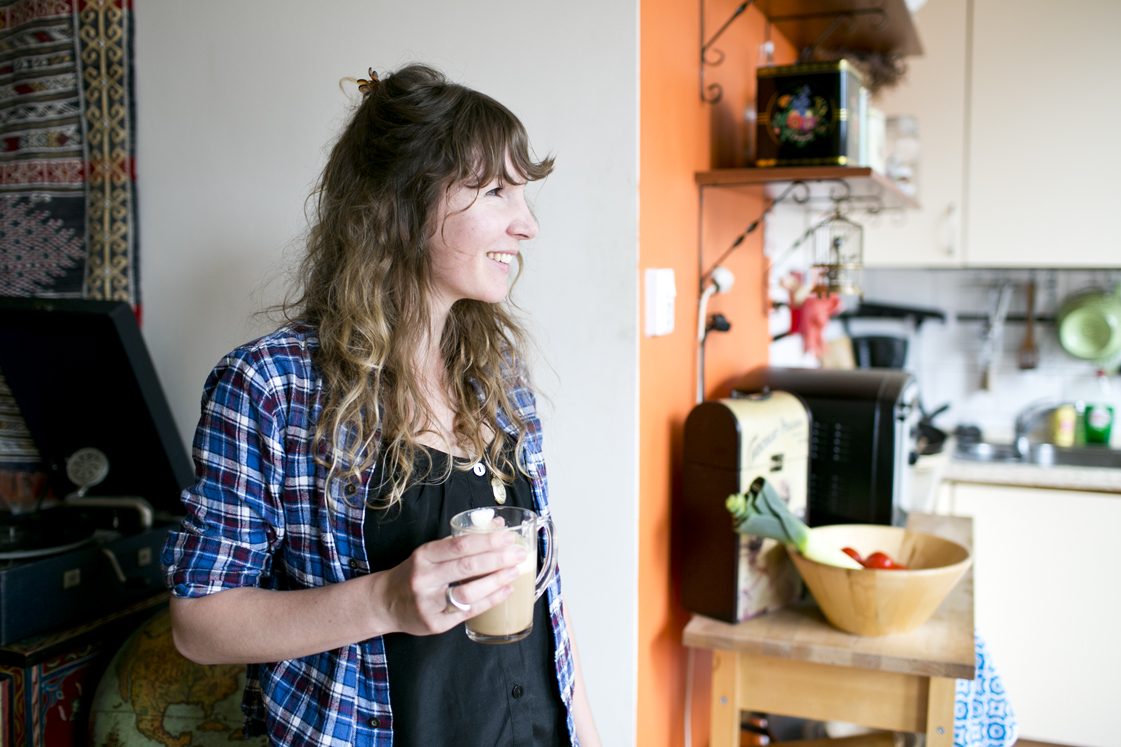
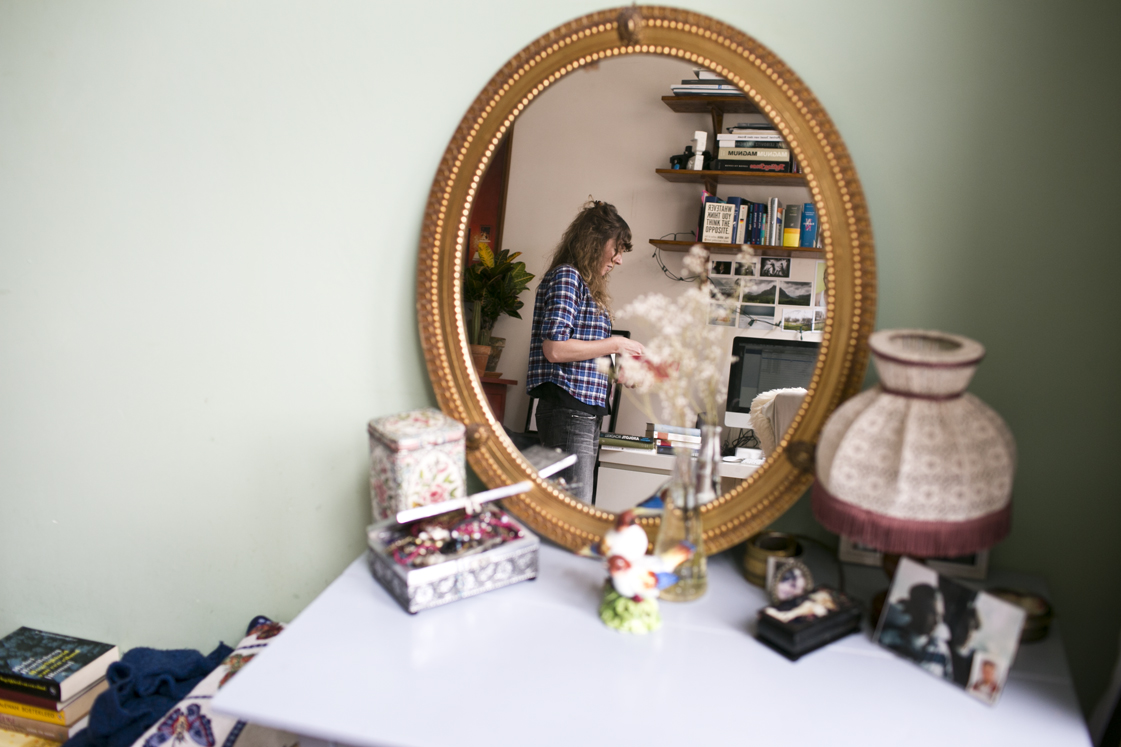
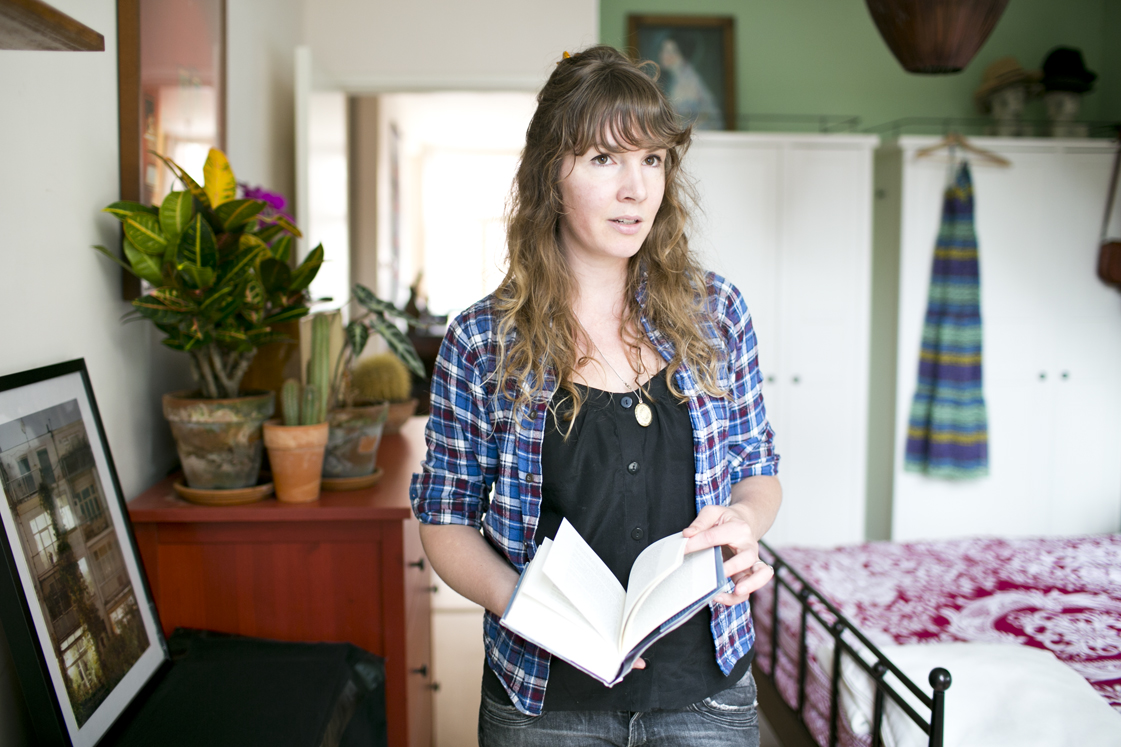
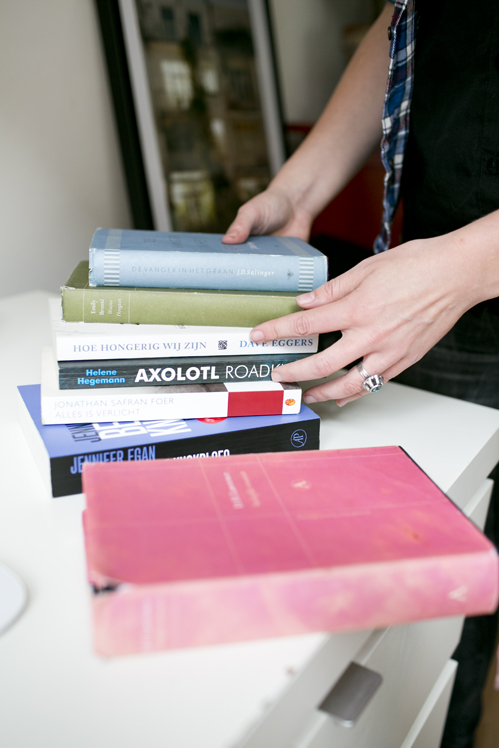
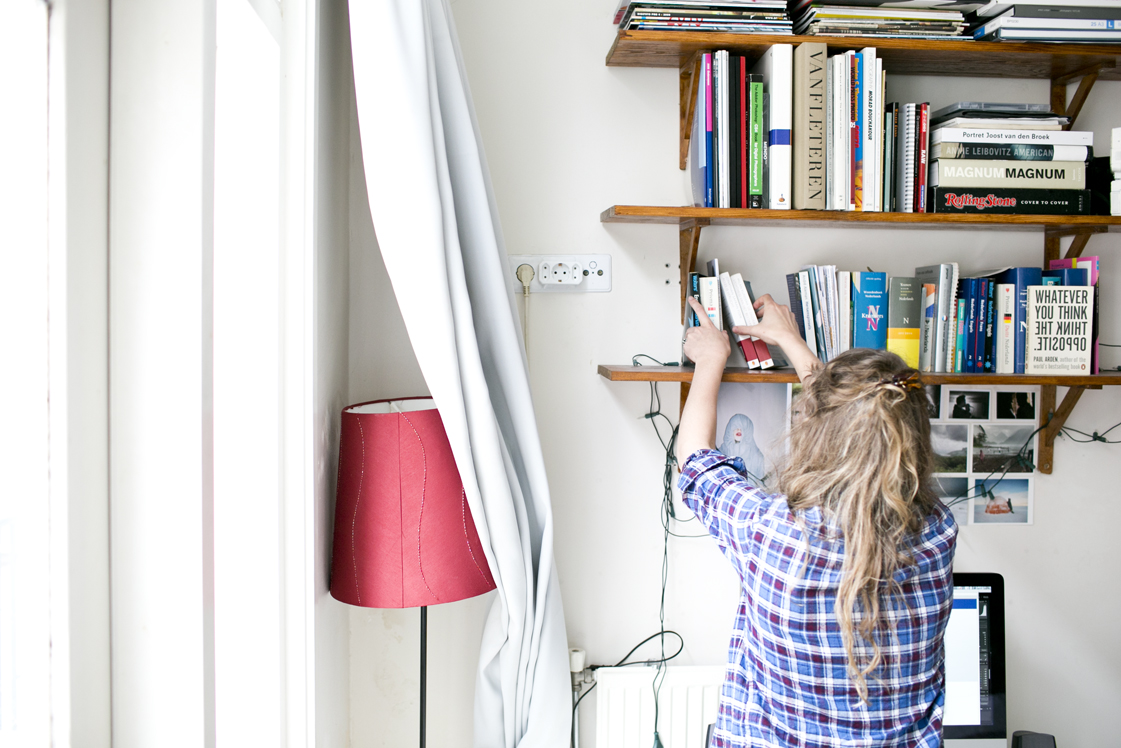
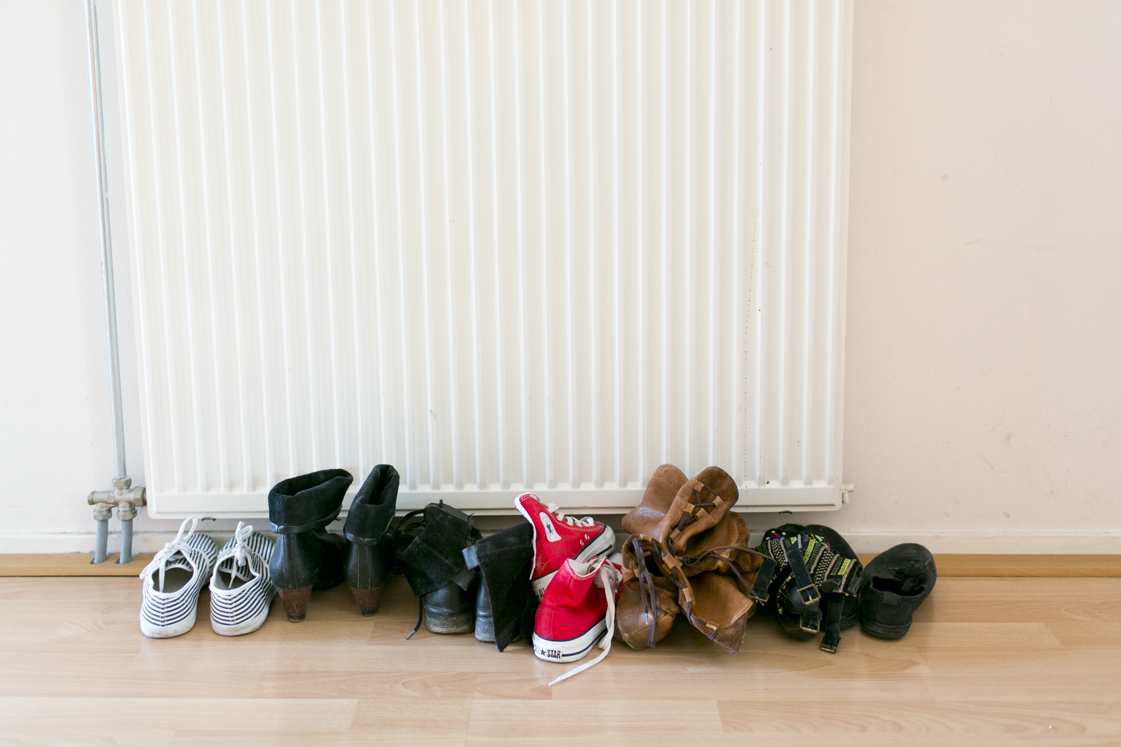
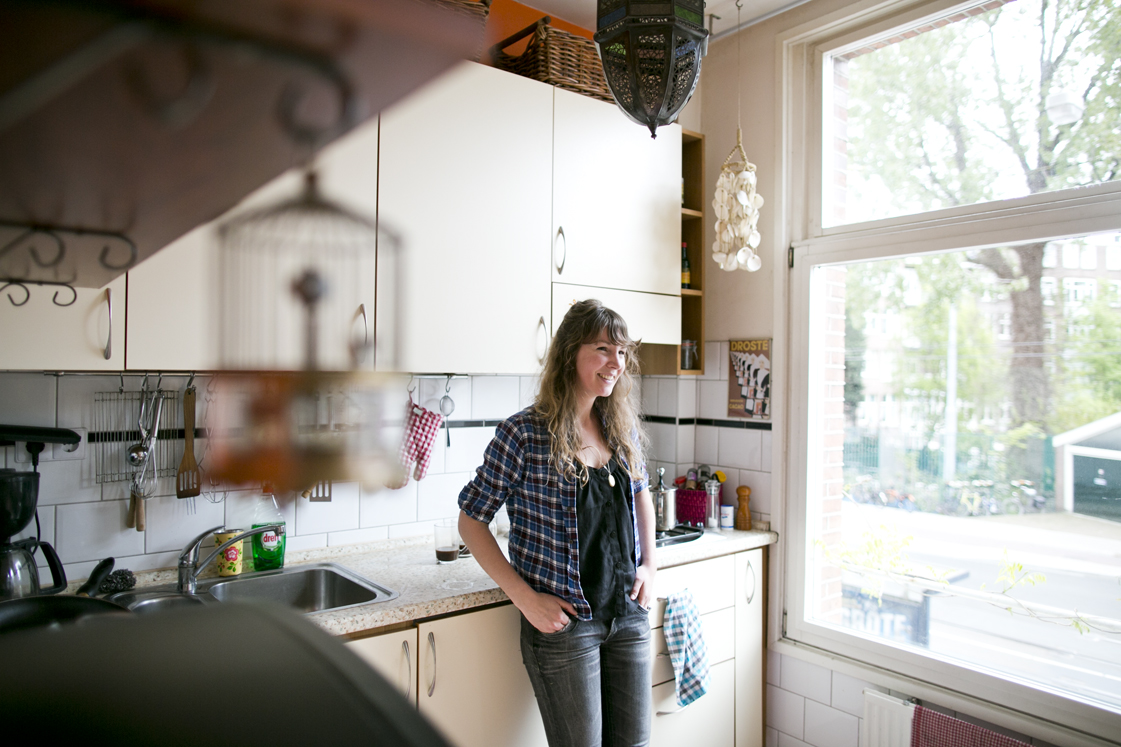
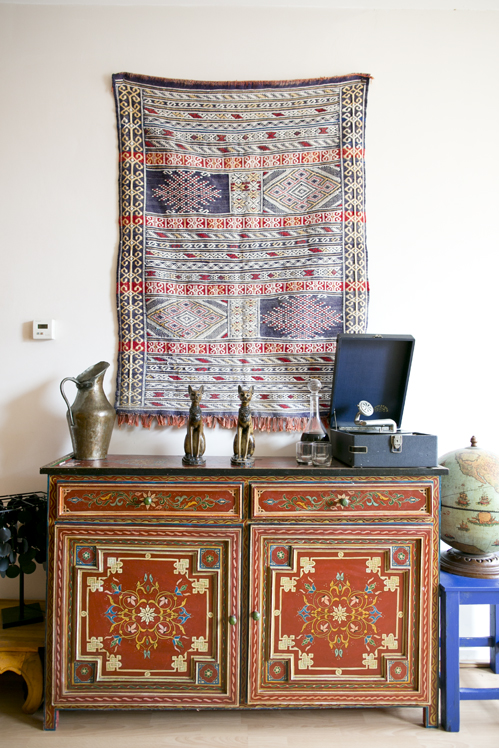
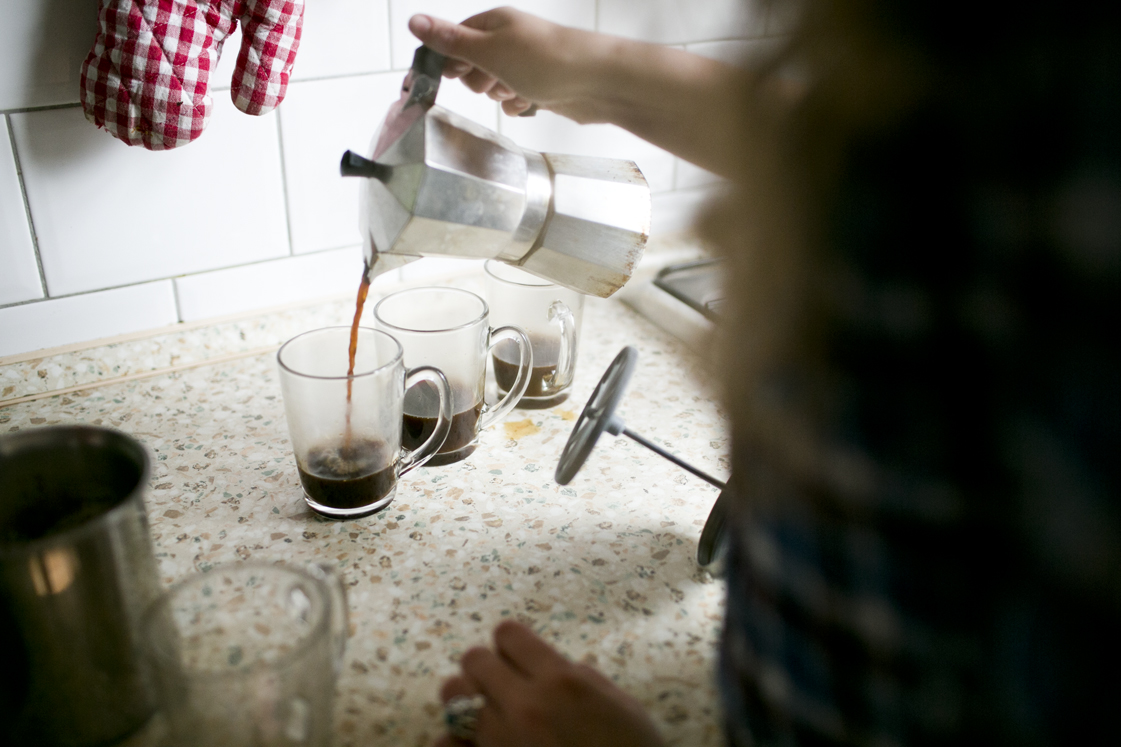
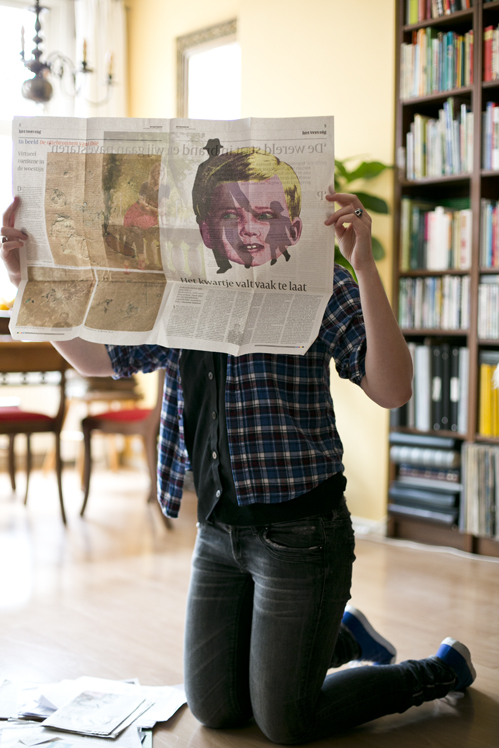
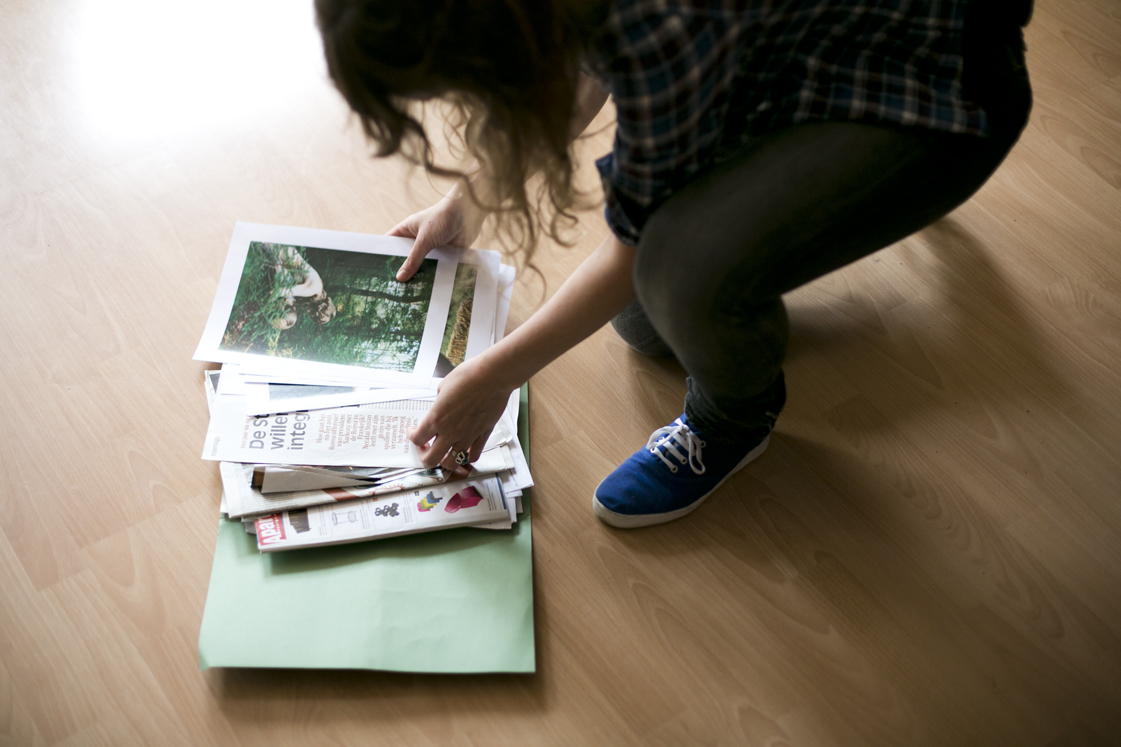
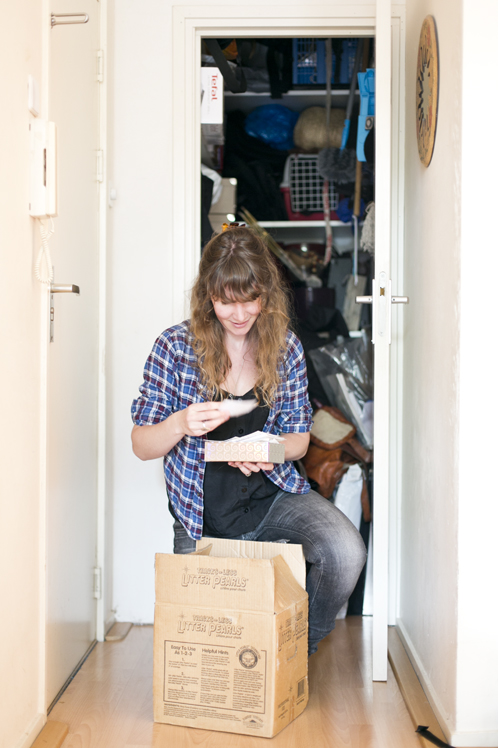
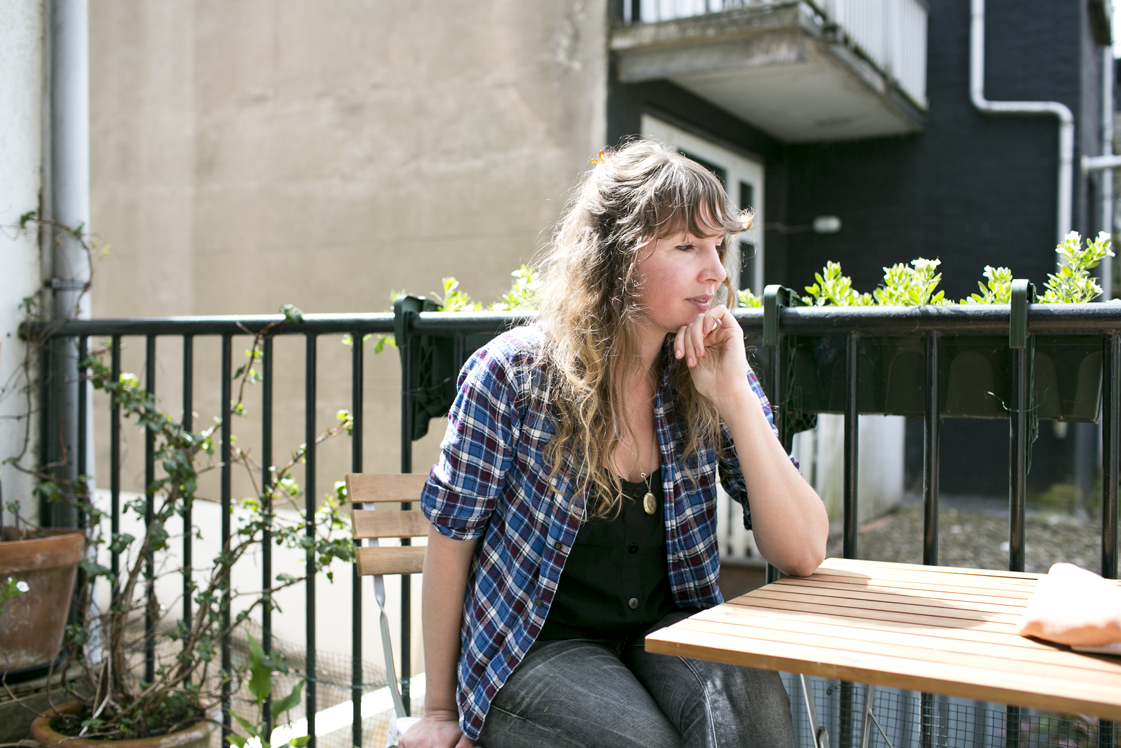
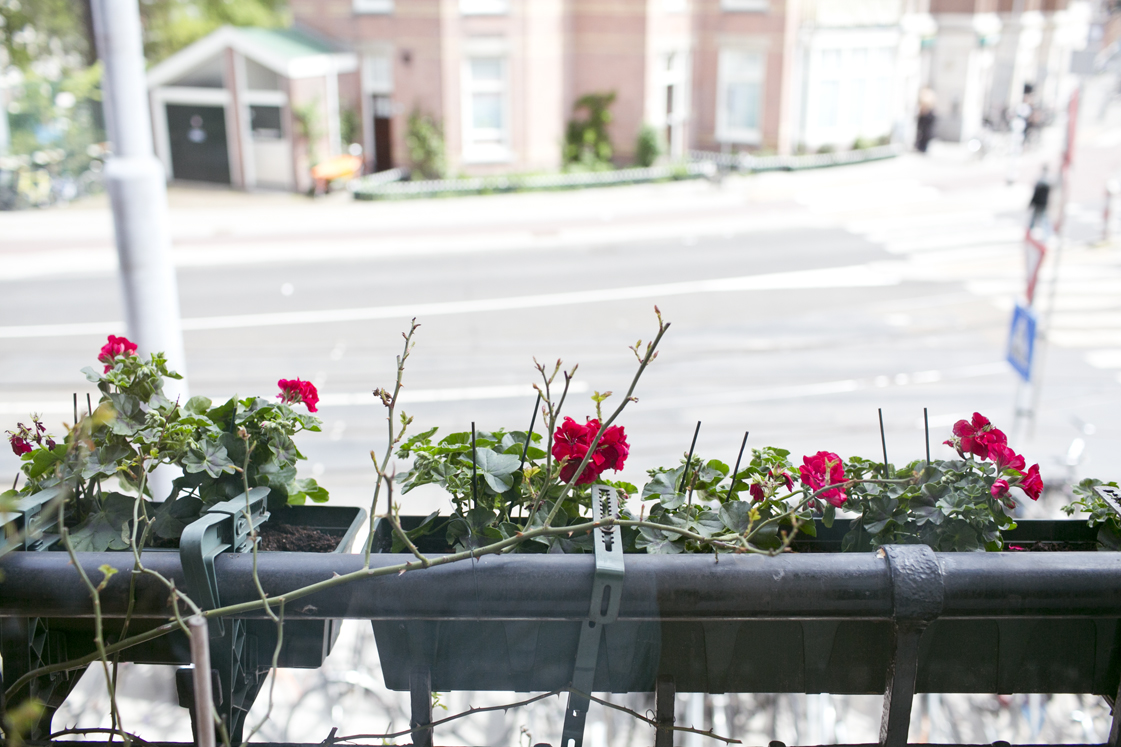

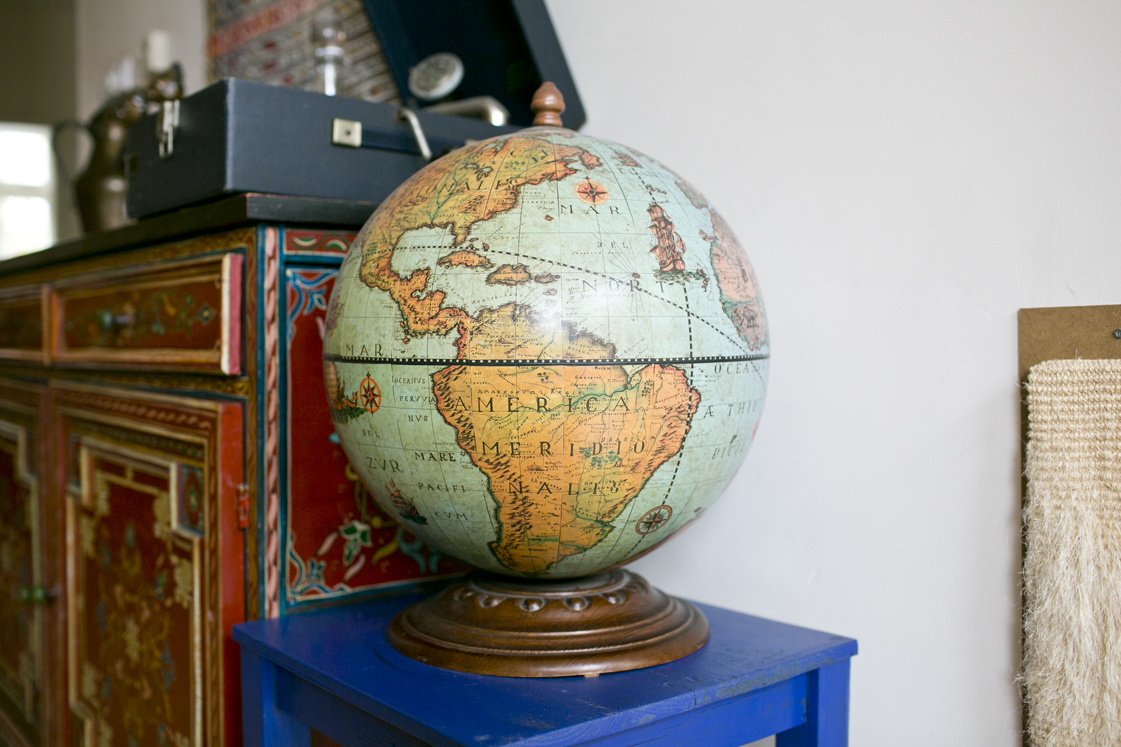
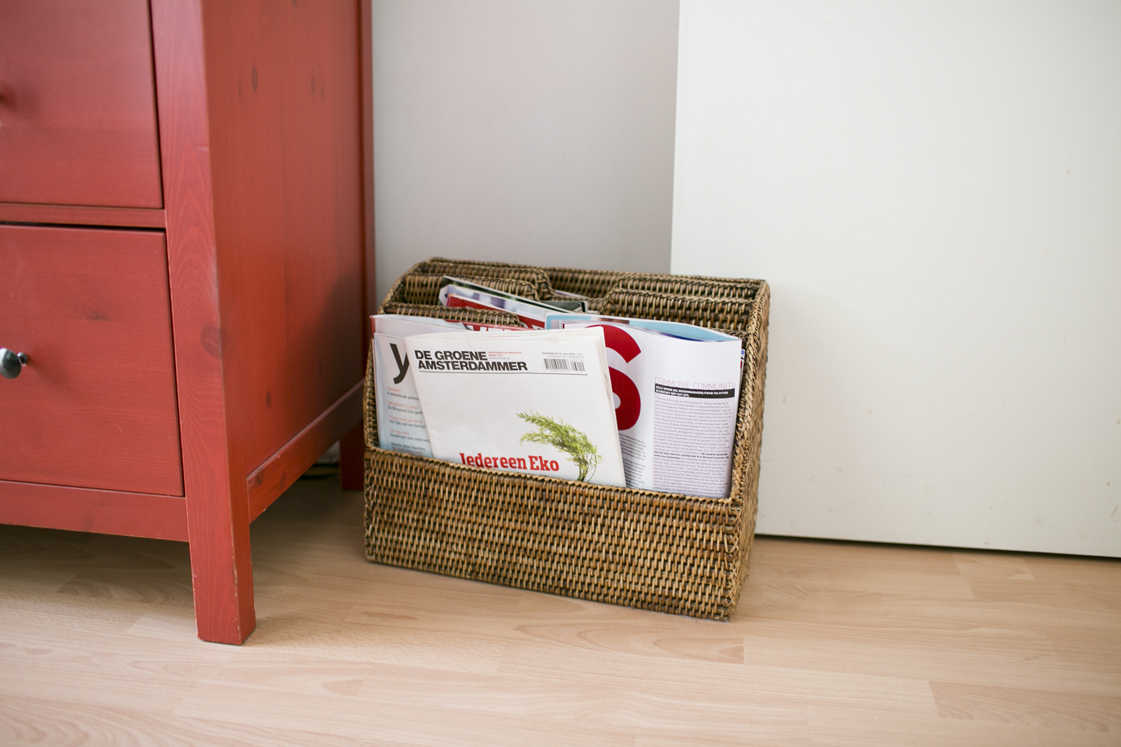
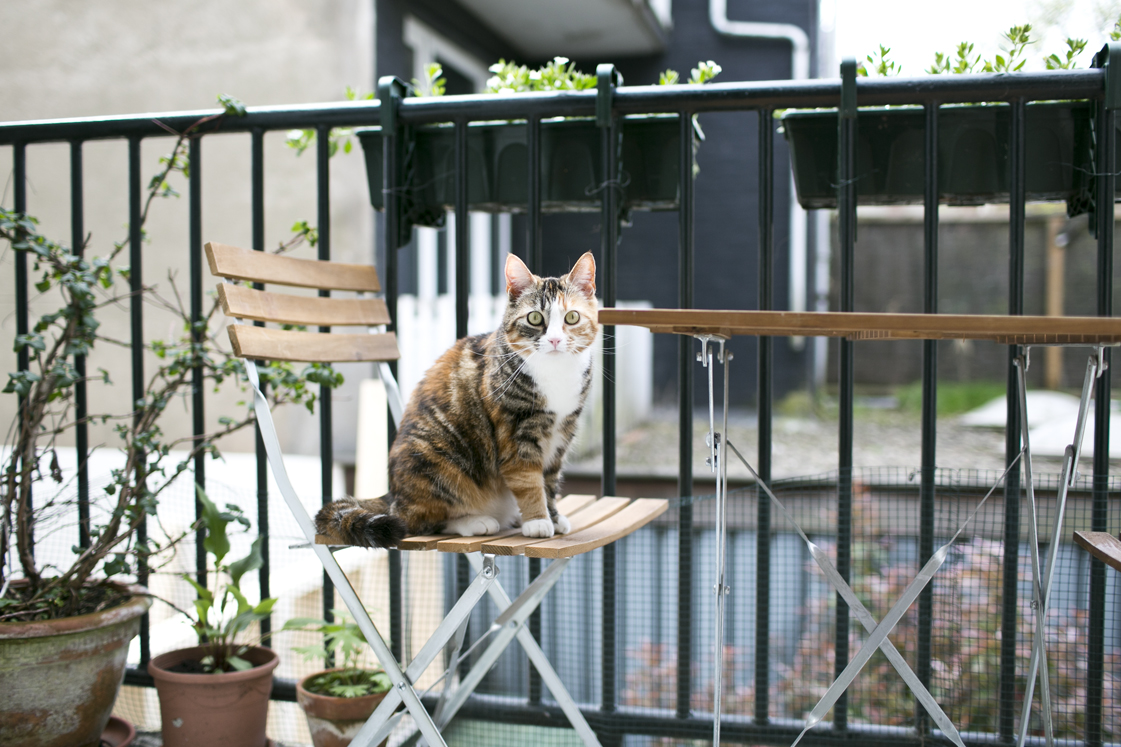
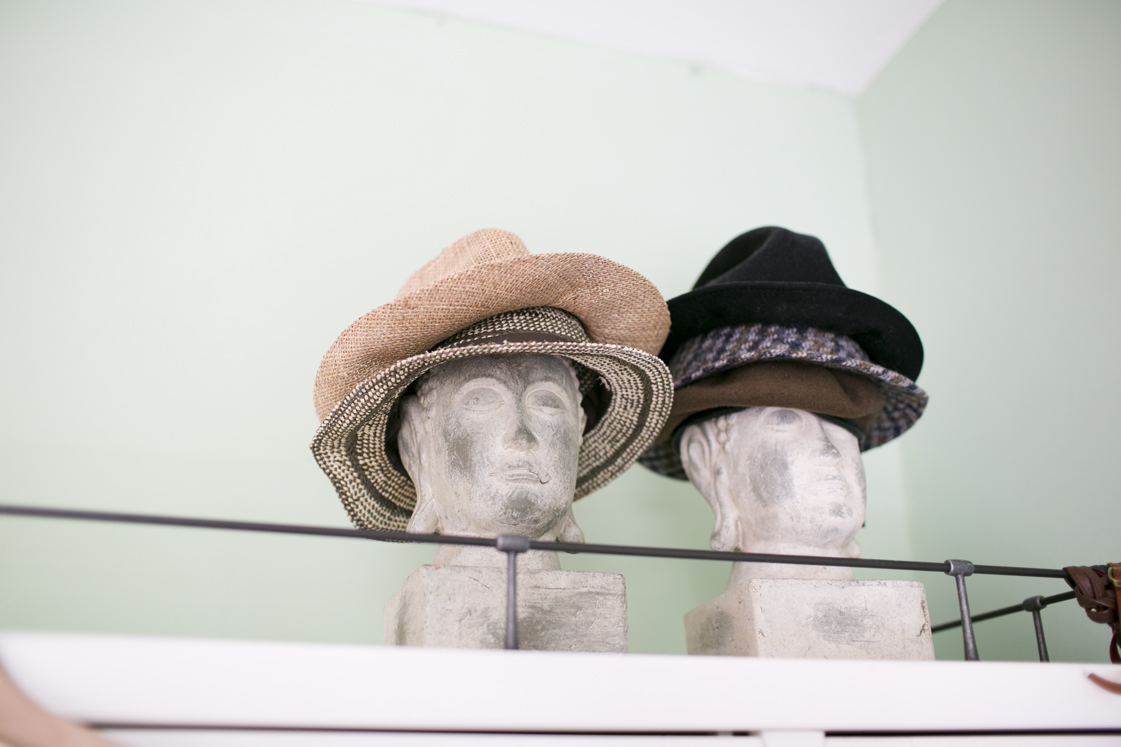
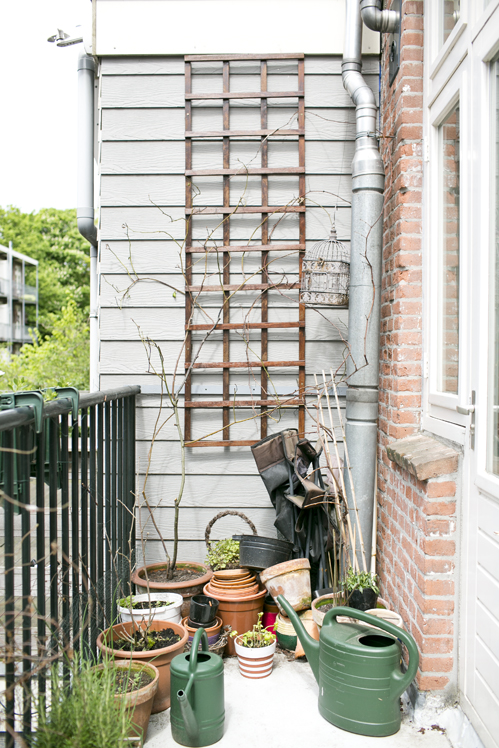
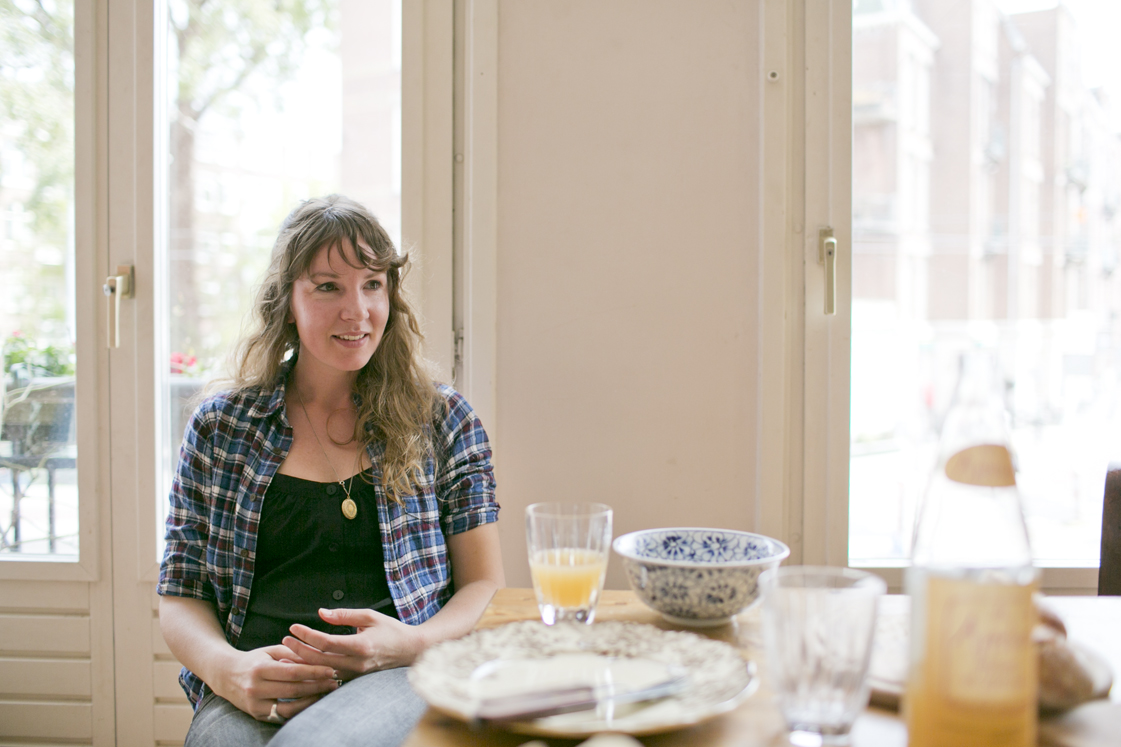
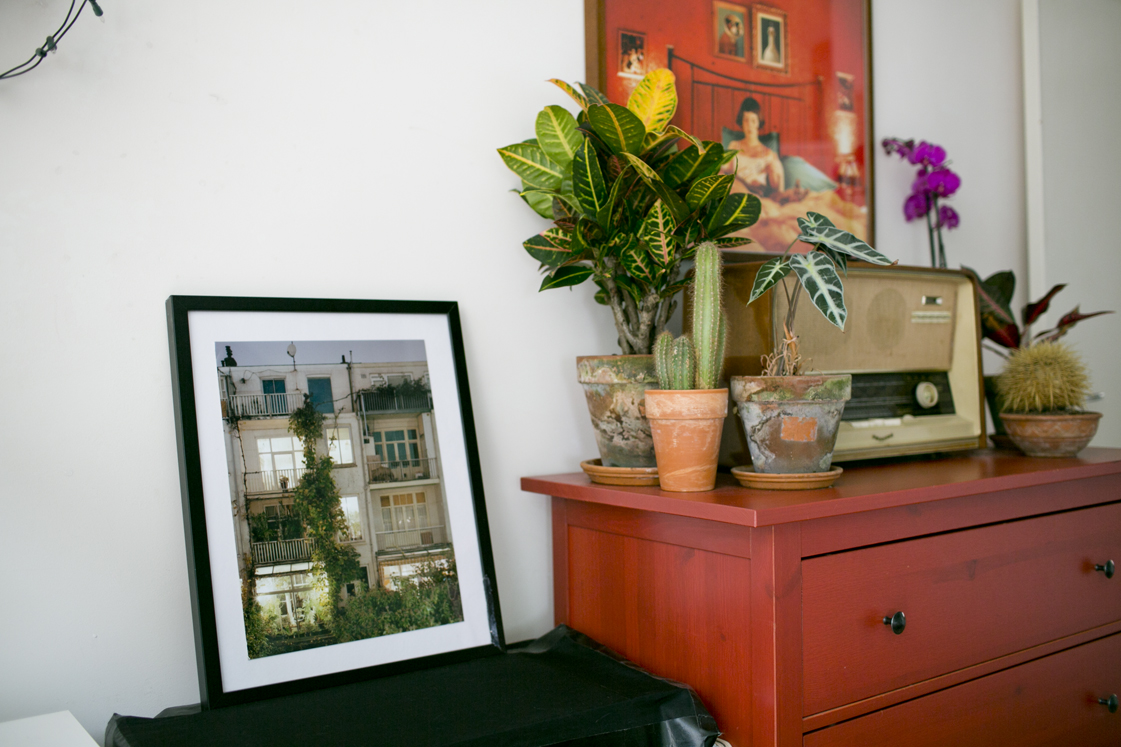
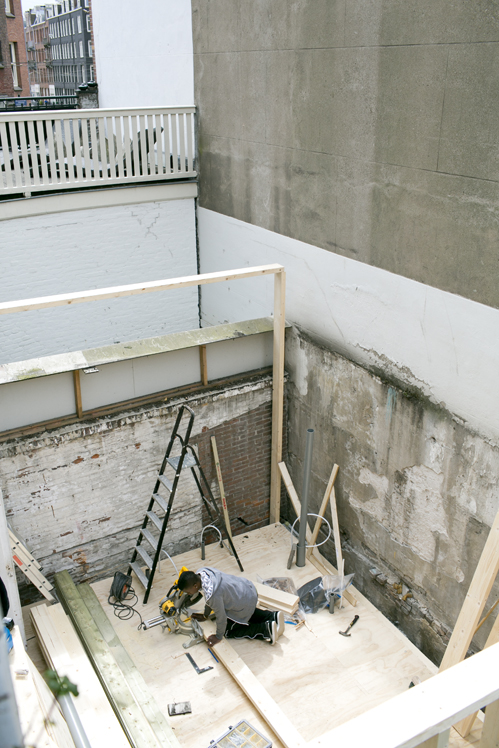
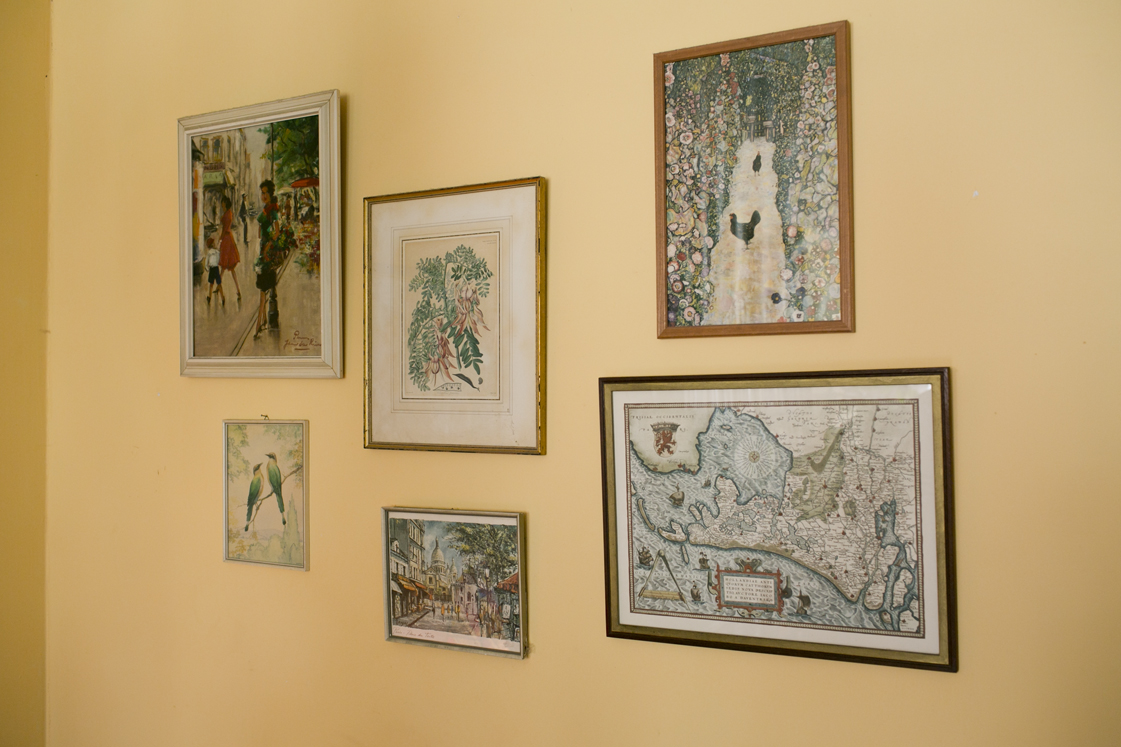
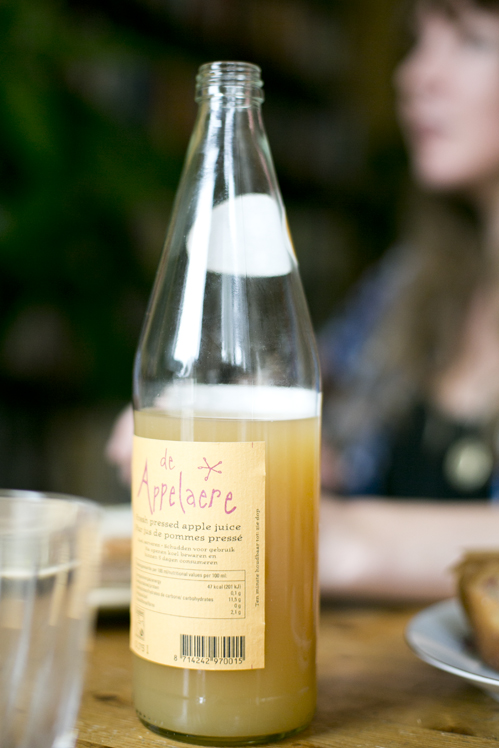
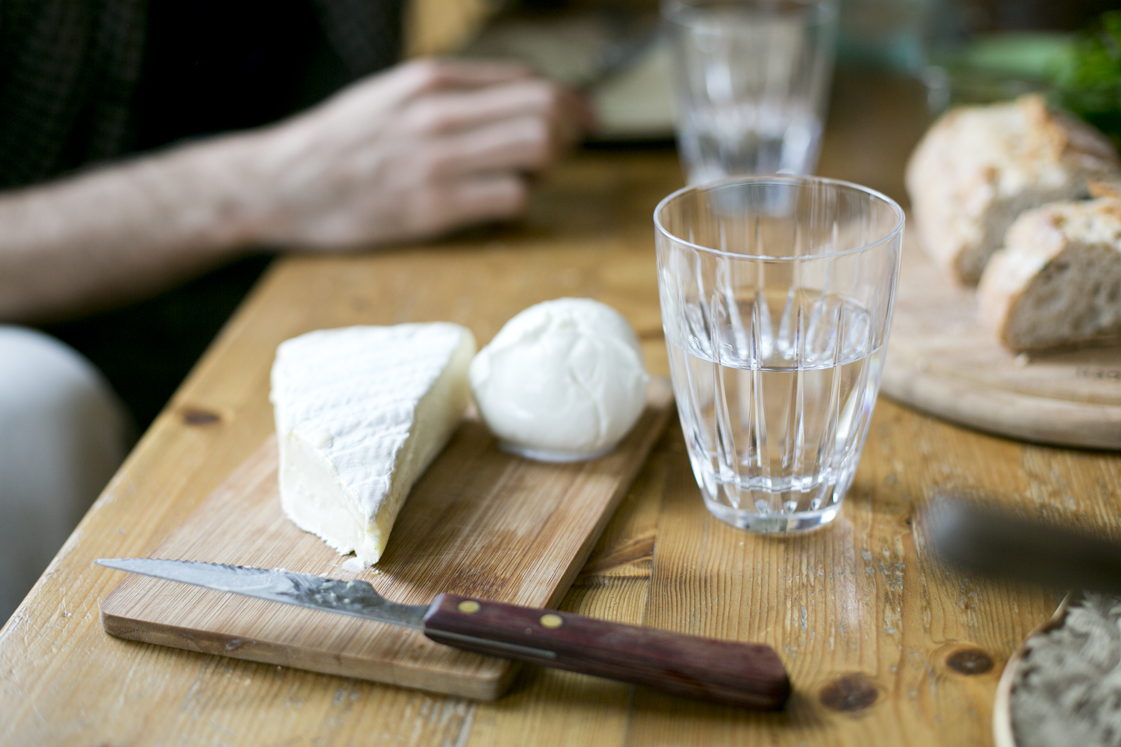
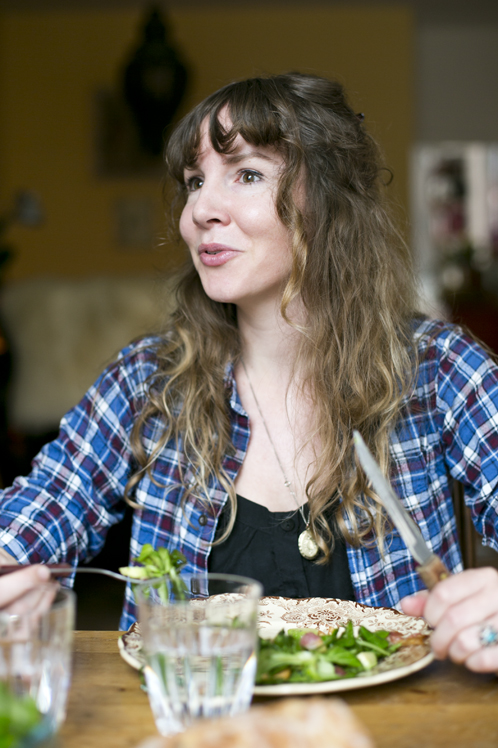
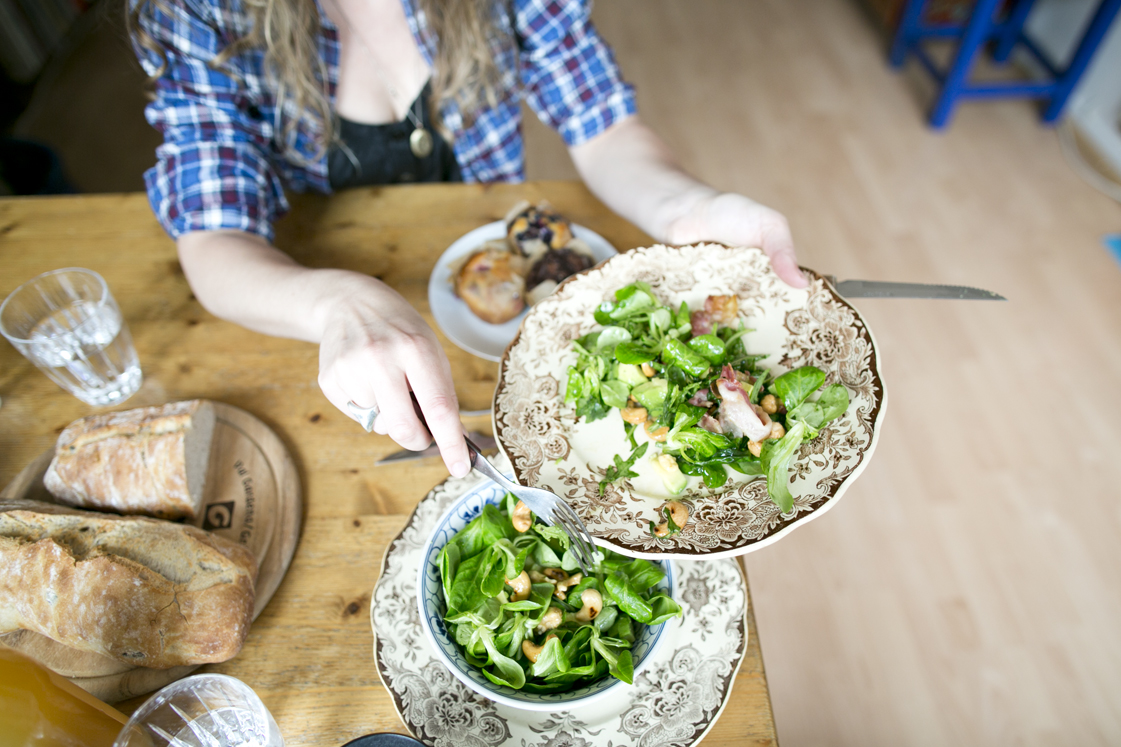
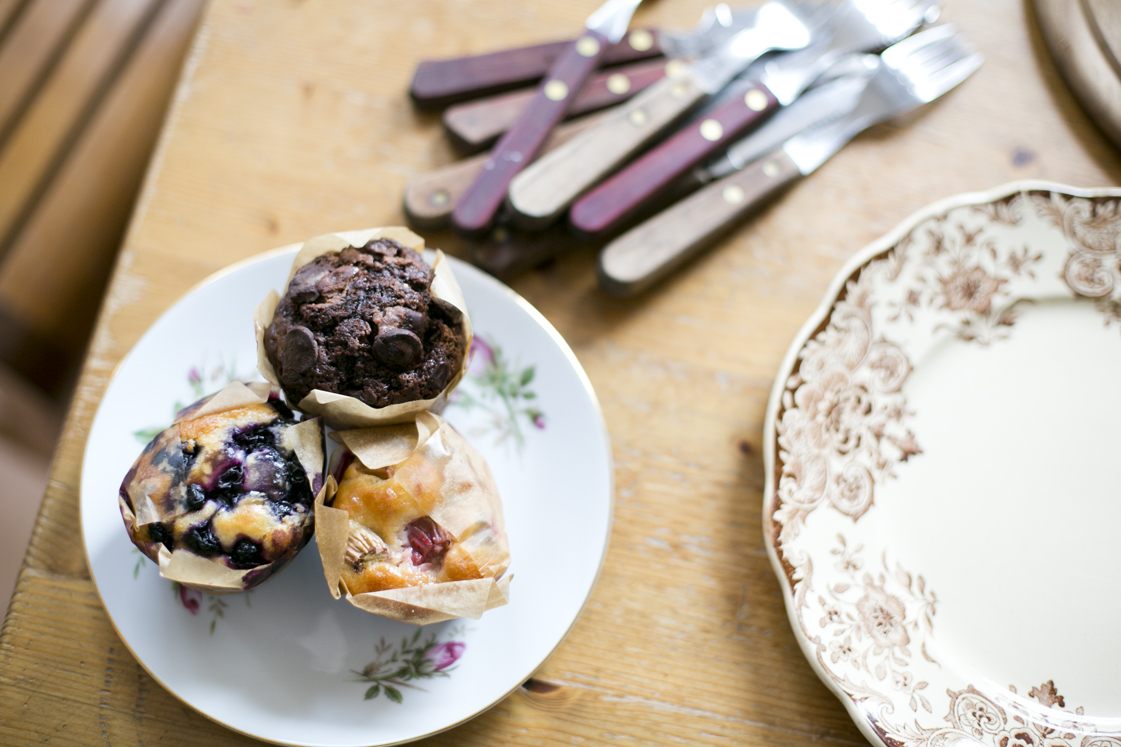
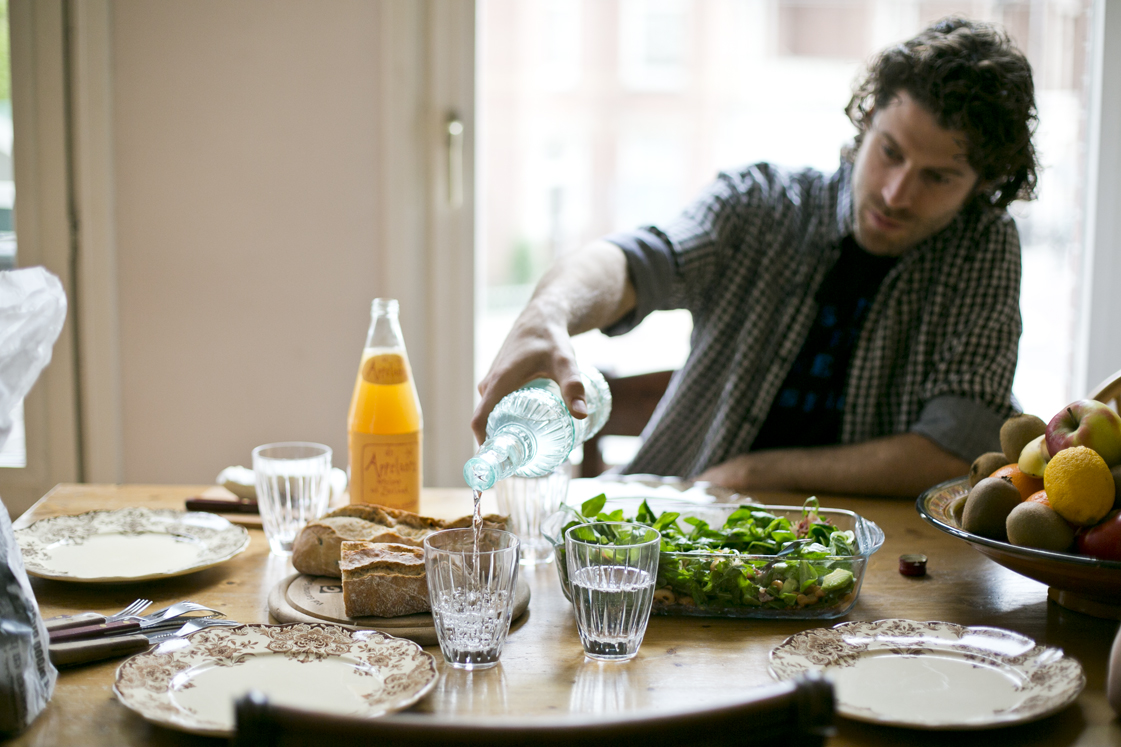
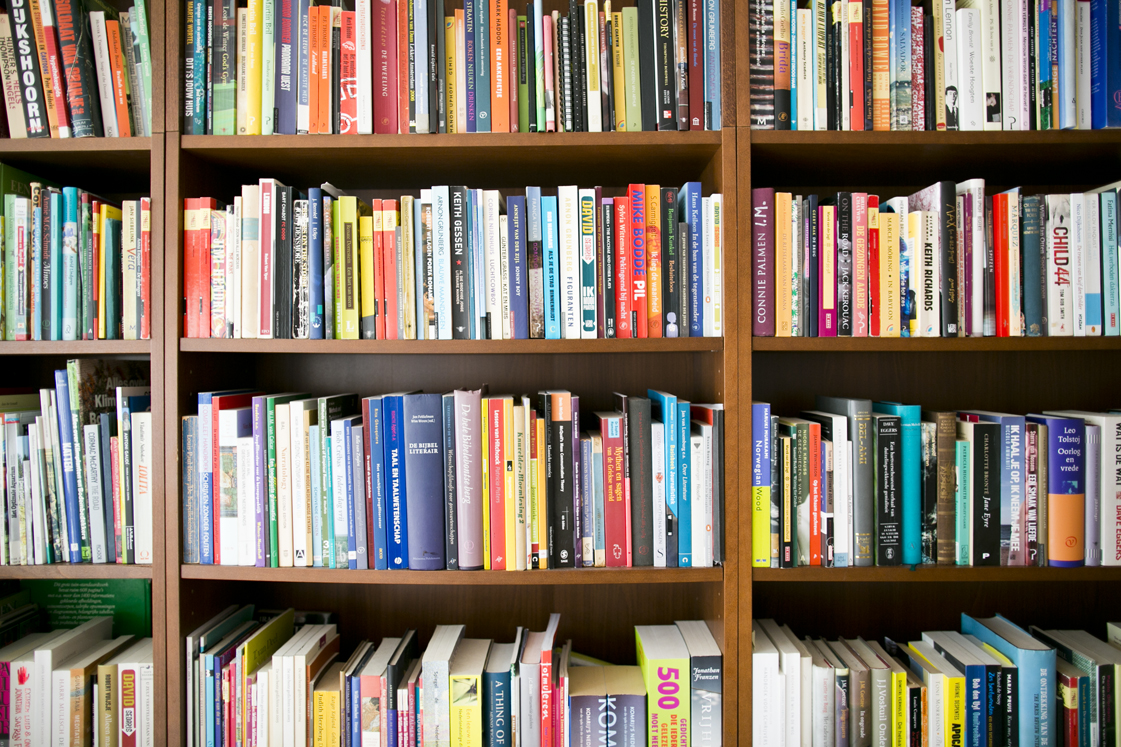
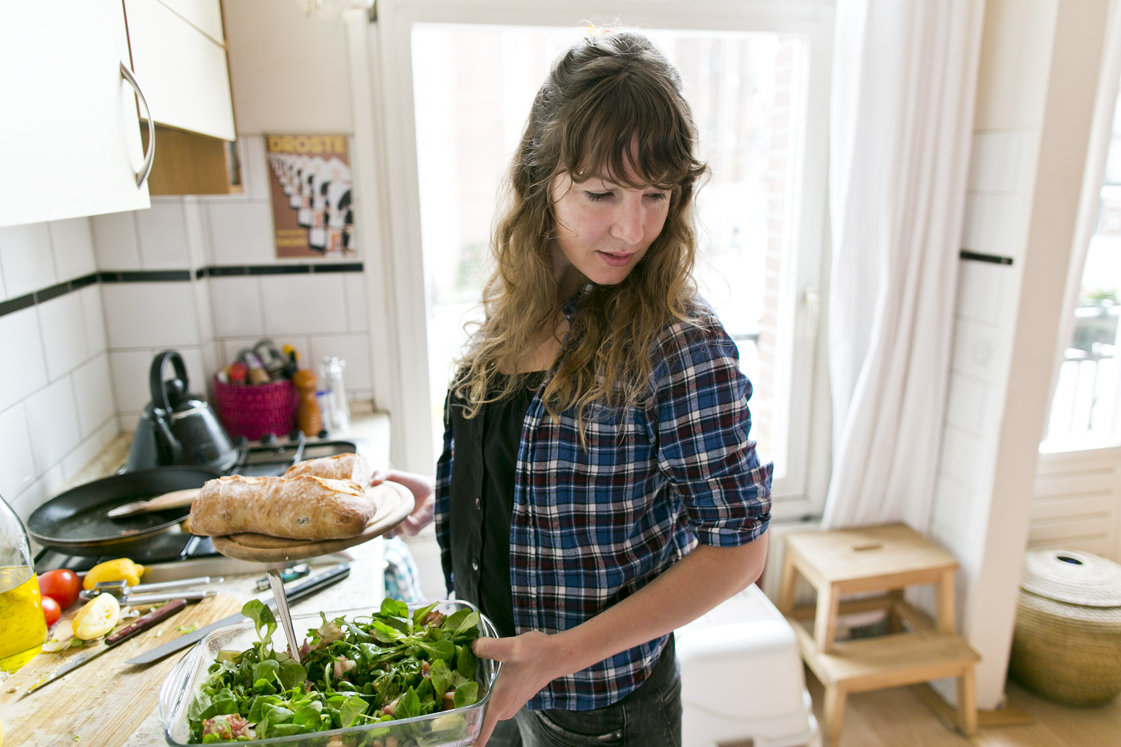
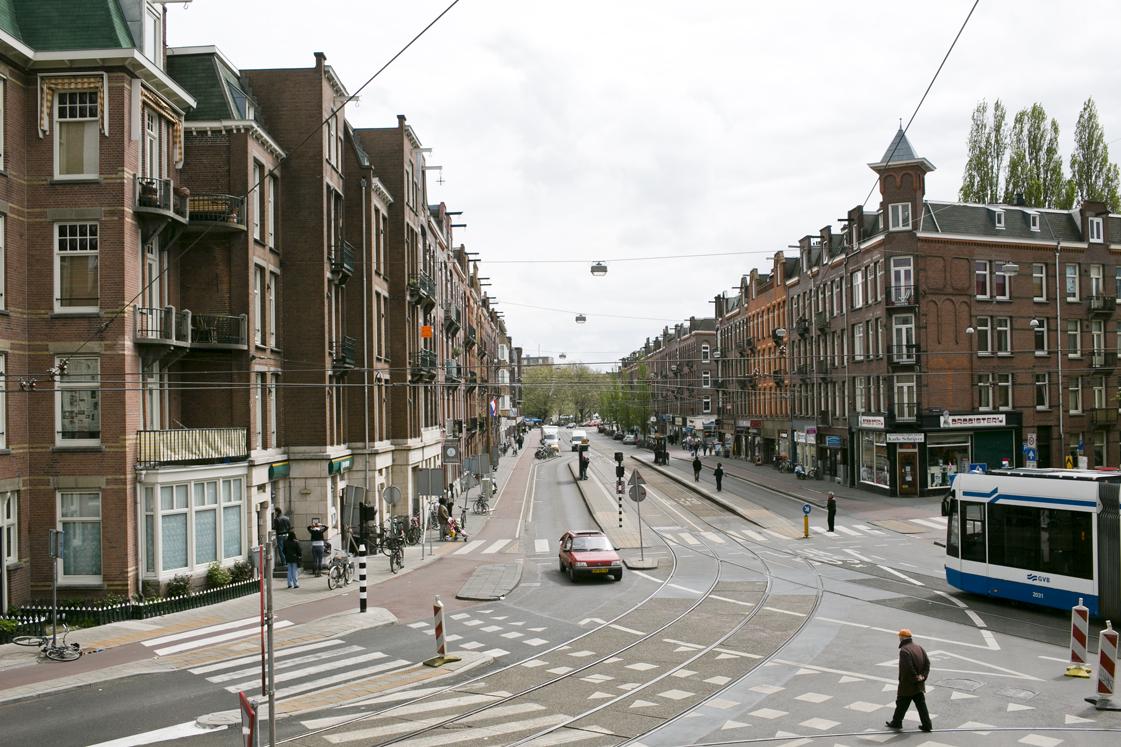
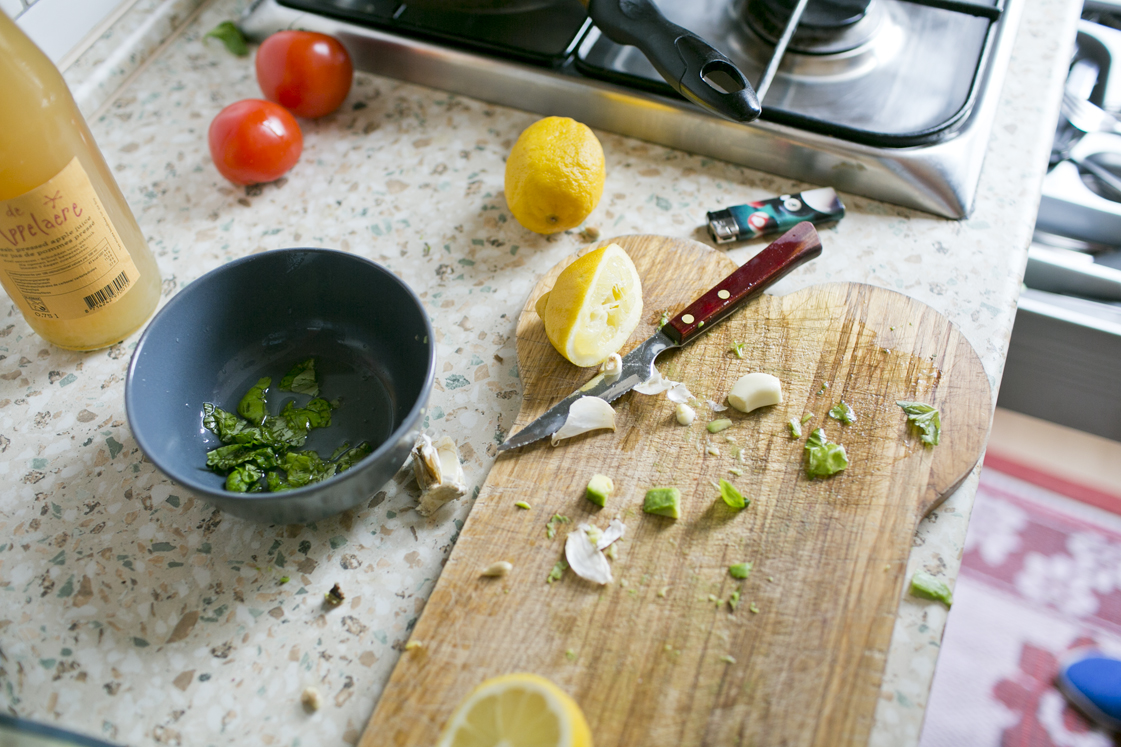
You are currently working on your second novel. What is it about?
Hmm, I can’t really tell yet. I don’t want to give away too much at this time. But the story is also still in development. The narrative is still under construction.
Can you give us a brief glimpse though? How does it relate to Zo gaan we niet met elkaar om, your first novel?
I really want my second novel to be different from the first. Therefore, I am currently trying to reinvent myself. For inspiration I collect everything I find interesting in a scrapbook. It contains everything from clippings of article about politics to photographs that touch me.
Aside from your work as a novelist you write freelance for magazines and newspapers. How do you combine these activities?
It’s sometimes quite hard to combine journalism with writing my own novel. Especially creating and maintaining a working scheme turns out difficult. I try to use my mornings for journalistic work, and reserve the afternoons for my book. But of course it does not always work out this way.
Do the two activities influence each other?
I have a tendency to twist or modify reality. My fictional works logically consist of adaptions of reality, but as a journalist I also like to play around with reality.
In the field of journalism, twisting reality is considered a mortal sin. Isn’t journalism supposed to be objective?
But what is reality? Our brains make up 30 % based on expectation and experience, while 70 % is provided by our senses. We already twist and modify reality without being aware of it. I am interested in the relation I, and people in general have with reality. It has to do with perception.
You first novel explores this relationship. The brother of the main character has a psychosis, which leads the protagonist to re-evaluate her perception of reality. Are there autobiographical elements in your book?
Again, what is reality? Whether or not it’s autobiographical, it’s not relevant. But parts of Zo gaan we niet met elkaar om are inspired on personal experiences. My brother was schizophrenic, and this made me doubt the world as I perceived it. It led me experiment with life, perception, and social interaction. The possibility to perceive differently always fascinates and frightens me.
Did you always aspire to become a writer?
I have always enjoyed writing and at an early age already knew I wanted to write. A couple of years ago I won a blog contest at the festival Lowlands. The blog was published, and triggered the interest of my current publisher. He contacted me and offered me a contract. It was an offer I obviously took with both my hands.
Writing is a solitary job. How do you cope with professional solitude?
After finishing my first book, it felt as if I had lived in a cave for months. I really had to readjust. Recently I rented a shared studio in the city centre. Here I also meet other people while I am writing. Writing itself makes me feel great. When it’s working well, I can feel invincible.
Many Dutch writers live in Amsterdam. Is there a specific reason for you to live here?
It is the largest and most lively city in the Netherlands. I really love Amsterdam. Biking through the city makes me feel like being in a campsite. There are so many people you know, and that you can drop by if you feel like it.
Would you stay here indefinitely?
I am born and raised in Heerhugowaard, a village in the countryside. Sometimes I miss the quietness, the space, and especially nature. I might move to a quieter place some day, but not any time soon. Almost everyone that matters to me resides in Amsterdam.
You live in Oud West. Can you describe the neighbourhood and explain why you live here?
It is a lively neighbourhood, with many people from Turkish, Moroccan, and Surinam descend. As a result, there is great variety in terms of shops, cafes, bars, and restaurants. I love to go around these places. Unfortunately, I find there is too little interaction between people. This is something typical for this juncture: we have difficulty placing ourselves in other people’s shoes, and we don’t interact much. I would like to do a better job reaching out to people in my neighbourhood.
Do you think the lack of interaction relates to the rise of xenophobic sentiments in the Netherlands, and Europe in general?
Could be. What I know is that people nowadays have a tendency to focus on the past instead of the future. We live in a nostalgic era. I propose we look forward again, and reinvent ourselves.
Thank you Renske for this nice interview!
Text: Thijs van Velzen
Photography: Jordi Huisman
